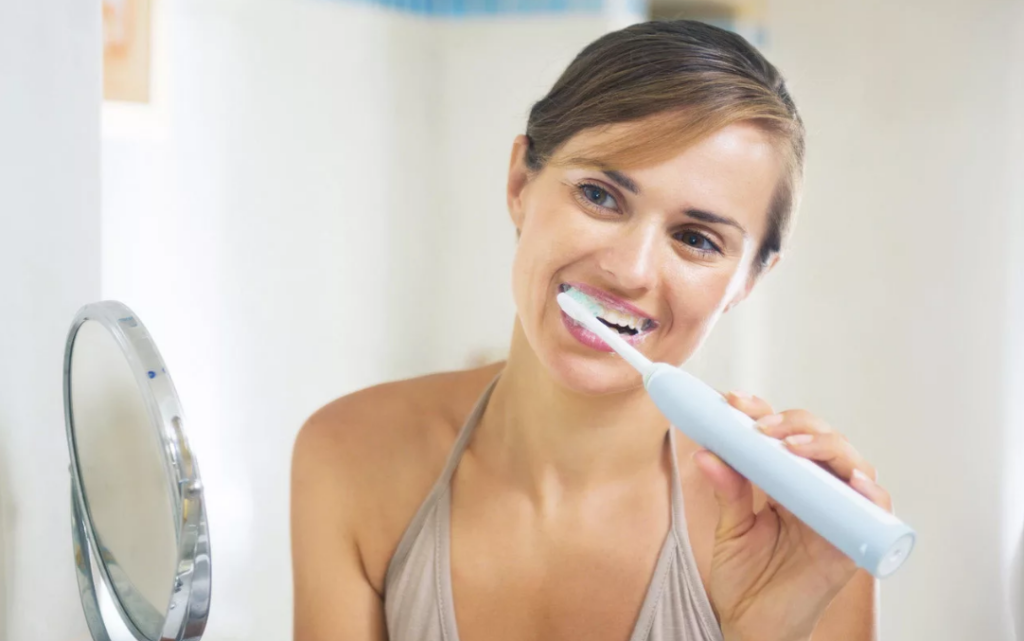Not taking care of your mouth can lead to many problems including bad breath, cavities, gum disease and even tooth loss. But the good news is that the majority of dental diseases are preventable.
To encourage you to consider your oral health ahead of World Oral Health Day on Wednesday, 20 March, here are some interesting facts about oral health.
Globally, oral health problems affect at least half the world’s population. That’s more than 3.5 billion people world-wide who could have better dental health, by making a few simple lifestyle changes such as better toothbrushing, eating less sugar and visiting the dentist regularly for checks and cleans.
There is a science behind how to brush your teeth. You should ensure you brush in a circular motion, ideally using a toothpaste that contains fluoride. Manual and electric toothbrushes become worn out after 4-6 months and are not as effective as they once were. So, you should aim to change your toothbrush every few months to ensure optimal cleaning.

65% of Australians haven’t seen a dentist or orthodontist in the last two years. You should see a general dentist at least once a year for check-ups and preventative treatment. This will ensure that issues are detected early and the right action is taken for healthy teeth and gums in the long term.
The most common dental diseases are tooth decay, and periodontal (gum) disease. Dental professionals are also trained to detect oral cancer and other pathologies of the mouth and jaws.
Only half of all Australians brush their teeth twice a day. It’s important to brush your teeth every morning and night to prevent the build-up of bacterial plaque which causes permanent staining on your teeth and can lead to oral diseases.
Around 90% of all Australians have had some form of tooth decay, and more than one-third of five-year-olds have decay in their baby teeth. Getting into good oral habits from a young age is essential to reduce the need for corrective treatment, down the track.

Saliva is the body’s natural defence against tooth decay. It helps dilute and wash acids and sugars from the mouth, reducing the effects of the acids produced by plaque and bacteria. Chewing sugar-less gum can be beneficial for your teeth as it helps to increase the amount of saliva in your mouth.
Bad breath could be the result of a dental or gut problem. 85% of people with persistent bad breath have an oral health condition that can easily be treated.
Drinking tap water can be good for your teeth because in most parts of Australia it contains a very small amount of fluoride (also found in many brands of toothpaste) that helps protect against tooth decay. Other liquids can also be good for your teeth. Coconut oil, for instance, is known to attack harmful bacteria in your mouth and reduce plaque build-up.

Protein isn’t only good for your muscles, it’s also great for teeth. Protein has phosphorous, a mineral known to strengthen your pearly whites. For even better results, combine protein rich foods with sources of vitamin D and calcium.
Vitamin D isn’t your only dental aid — Vitamin C is also great. It strengthens your gums and other soft tissue in your mouth, and fights periodontal disease — things like gingivitis that compromise the soft tissue in your mouth.
Everyone knows a smoker with bad breath, or has at least seen the effects of smoking displayed on a packet of cigarettes. This is because smoking brings chemicals involves consuming chemicals that discolour your teeth and lower your resistance to infection, which can mean that all healing takes longer. Smoking also accelerated gum disease, which is the leading cause in loss of teeth in adults.
Poor oral health is directly associated with major chronic diseases including diabetes and cardiovascular disease. Diseases like diabetes, HIV/AIDS, osteoporosis, Alzheimers, can make oral health even worse. And there are some diseases bad oral health can contribute to. Endocarditis, cardiovascular disease, pregnancy and pneumonia can all be compounded by bacteria from your mouth.
Quite simply: there are cases where good oral health can make a world of difference, so make sure you keep good dental hygiene!
Your orthodontist works with your general dentist to look after your overall oral health. Use our Check Tool to check if you’re seeing a registered specialist orthodontist for your orthodontic treatment.









